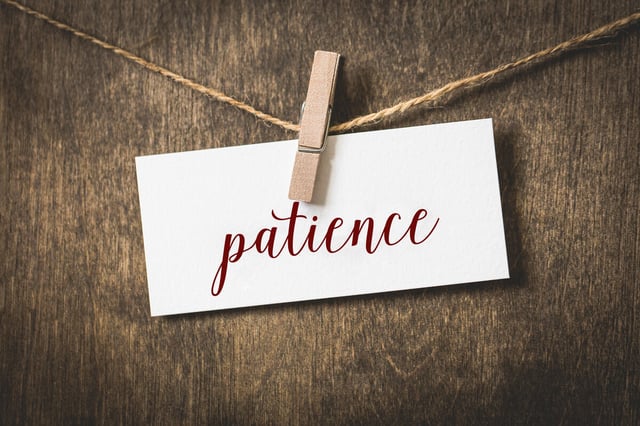Navigating Life's Challenges in Recovery: A Personal Journey
Life, as we know, is often unpredictable and full of challenges that test our resolve, our patience, and our ability to stay true to the principles we’ve worked so hard to uphold. As a counselor and someone who is in recovery, I've learned that the path to healing and growth is not a straight line but a winding road with its fair share of hurdles. Today, I faced one such hurdle – a personal setback that reverberated through the core of my parental instincts.
This is a scenario that many of us in recovery face in one form or another. When something strikes at the heart of what we cherish, our instinct is to lash out, to revert to those old behaviors that promise immediate relief but ultimately lead us down a path we’ve fought so hard to veer away from. It’s in these moments that the true test of our recovery presents itself. How do we confront these urges? How do we ensure that we don't relapse into the destructive patterns we've overcome?
The answer, though not simple, begins with a breath. A deep, grounding breath that brings us back to the present and to the realization that our reactions can either serve our recovery or hinder it. We must remind ourselves that recovery has granted us a set of tools — tools that allow us to approach conflicts and setbacks with resilience and a clear mind.
First, we need to accept that we cannot control everything, especially the decisions made by others. Acceptance does not mean we agree or give up; it means we acknowledge the reality of the situation without letting it dictate our emotions or actions.
Second, we must seek support from our community — not to co-sign our anger, but to help us process our feelings in a healthy way. Speaking with a trusted friend, a mentor, or a support group can provide perspective and prevent isolation, which can be a trigger for relapse.
Third, we must channel our energy into productive advocacy. Rather than fighting out of anger, we can seek to understand, ask questions, and explore alternatives. Perhaps there are other programs, resources, or educational paths that can offer my son the support and opportunities he needs.
And finally, we must practice self-compassion and patience. Recovery has taught us that we are resilient, that we have the capacity to face adversity without losing ourselves. We have learned that every challenge is an opportunity for growth and that by staying true to our recovery, we can navigate even the toughest of times.
As I reflect on today’s news, I choose to embrace these principles. I choose to act not out of a desire for immediate retribution but with the intention of finding the best way forward for my son and for myself. I am reminded that recovery is not just about abstaining from harmful behaviors; it’s about developing the strength to face life on life’s terms — with grace, dignity, and an unwavering commitment to our well-being.
To all who are in recovery and facing your own battles, know that you are not alone. We overcome these trials by holding onto our recovery, by remembering our why, and by walking the path with integrity, one step at a time.-Belle-



:max_bytes(150000):strip_icc()/Grounding-3668580efb6f419484f6c4787854267d.jpg)






No comments:
Post a Comment